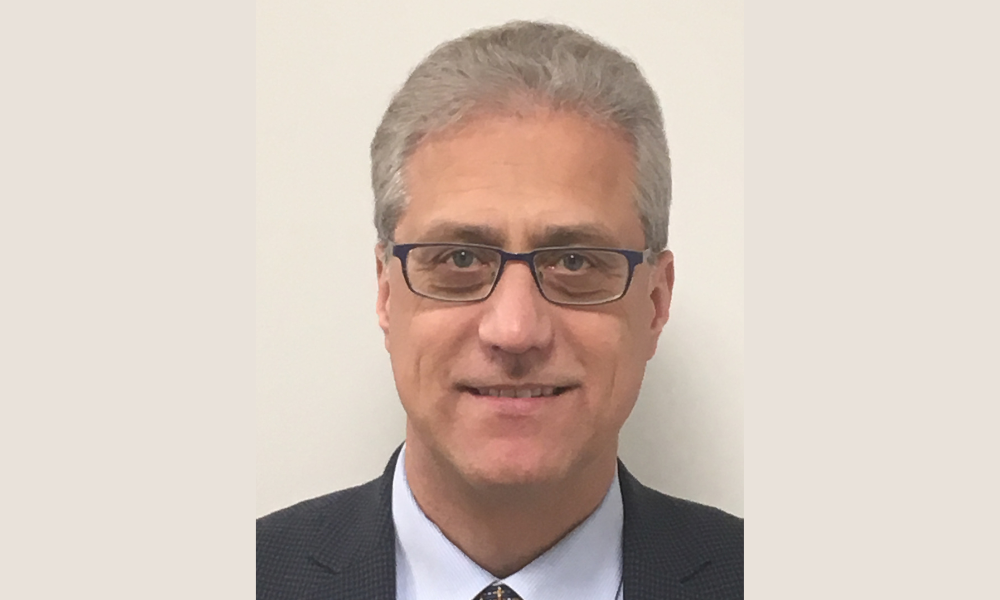John De Goey challenges advisors to channel their outrage about the budget to what he sees as industry falsehoods


Is the federal government lying when it says only 0.13% of the population will be affected by tax changes in the recent budget? Well, that depends on how you define the word ‘lie.’ A lot of consternation exists over the sometimes subtle distinctions between the words ‘lie’, ‘falsehood’, and ‘misleading’ as it pertains to how some things are depicted. Let’s begin with some simple definitions before deconstructing the differences:
Lie: an intentionally false statement
Falsehood: the state of being untrue
Misleading: giving the wrong idea or impression
Given this, it should be clear that all lies are falsehoods, but not all falsehoods are lies. Similarly, it is possible to mislead someone without necessarily lying or telling falsehoods, although the act of misleading may also include either – or both.
To begin this deconstruction and provide context, note that CIRO rule number 3600 says that member firms and their registrants are prohibited from making false and misleading statements. More specifically, according to the Client Focused Reforms, all registered firms and registered individuals are required to comply with section 13.18 of National Instrument 31-103 Registration Requirements, Exemptions and Ongoing Registrant Obligations (and equivalent CIRO Rule 3640).
For instance, a registered firm that uses advertising that exaggerates the products and services available to clients could reasonably be accused of misleading clients as to the products and services to be provided as well as to the nature of the relationship that may exist between the registrant and the client. It's interesting that governments are not held to this standard and downright troubling that the industry does such a poor job of enforcing its own rules.
The recent proposed change in the capital gains inclusion rate offers an interesting case study. I have a number of friends who accuse the government of lying when it says the change in policy will affect 0.13% of individuals. While I dislike how the distinction has been framed, my take is that while misleading, it falls short of being an outright lie. Note that if securities regulations applied, using terminology that is merely misleading would nonetheless disqualify it from being compliant.
The fact that many people fail to distinguish between corporations being owned by shareholders and shareholders being people, or the fact that under the Income Tax Act, corporations are people at any rate, is too murky for most. I believe the nuanced nature of terminology allows the government to escape culpability regarding allegations of telling outright lies.
Unfortunately, many of my peers seem unwilling to be as militant regarding other, more obvious lies that have been told for generations with impunity by the financial services industry. This is something I call “Bullshift.” The financial services industry routinely shifts people's attention to make them feel more bullish than they otherwise would. For example, there are likely hundreds of firms all over the world that have been using the phrase ‘stock picker’s market’ for decades – and no regulator has ever stepped in to stop it.
Simply put, the phrase stock picker’s market is obviously nonsensical and utterly impossible. It would be like someone representing lotteries saying we're in a lottery number picker’s market. Such an assertion is obviously false, not to mention self-serving, because the odds never change. Suggesting otherwise is both false and misleading.
Despite this, the industry actively and knowingly engages in promoting implied circumstantiality to get people to open their cheque books. To date, none of my truth-seeking vigilante colleagues seem to be fussed about it. Unlike the debate about how the change in inclusion rate is being depicted, it seems impossible to imagine any circumstance where the phrase ‘stock pickers market’ is anything other than an obvious bald-faced lie.
Ethical, transparent financial advisors should be outraged. Instead, they remain silent and condone these unethical depictions. It seems the advisory truth police is all too willing to look the other way when the industry tells lies that might boost their personal profit.
With respect to the interpretation of CIRO Rule 3600 (Communications with the Public) and its enforcement, it should be obvious that self regulatory organizations will never do anything to enforce their own rules if no one complains – especially when the status quo is good for business. Instead of picking nits about the semantics of how the 0.13% is arrived at, I invite advisors to engage in a far more meaningful and consequential battle that can protect their clients from obviously false depictions that have persisted for the better part of a century.
John J. De Goey is a Portfolio Manager with Designed Securities and author of Bullshift – How Optimism Bias Threatens Your Finances. The views expressed are his own.



